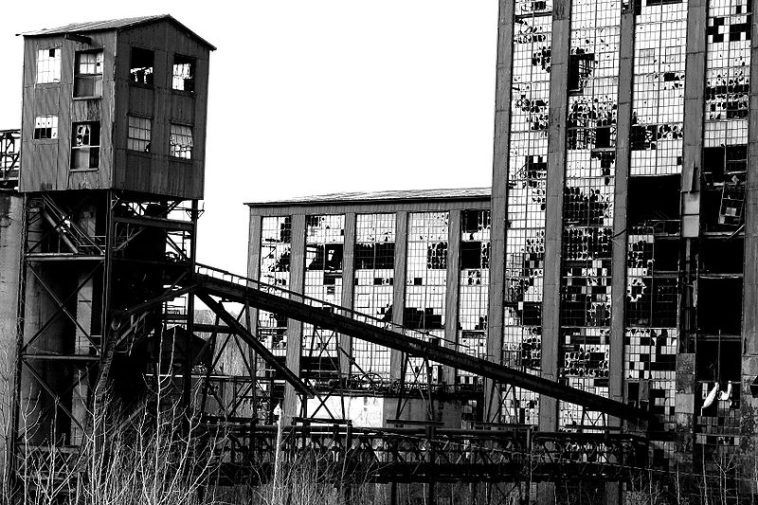The corner of Pennsylvania I hail from is no stranger to natural and man-made disasters. Its primary industry, anthracite coal mining, is one of the most dangerous on earth. Men descend, work the slope, the drift, the face and hope to get through another shift without any fall, cave, or fiery explosion. The canary in a coal mine is a true phrase—the birds would detect the smell of poisonous gases when lowered and thus hopefully prevent a human deat
Here is the text from a historical marker on Route 11 near Plymouth, Pennsylvania, my hometown:
On September 6, 1869, a fire broke out at the Avondale Colliery, trapping the miners. The eventual death toll was 110. This included five boys between the ages of twelve and seventeen, and two volunteers who were suffocated while attempting rescue. As a result of this disaster, Pennsylvania’s General Assembly enacted legislation in 1870 which was designed to enforce greater safety in the industry.
Below is the first draft of a poem that hopes to, over time, explore the who, what, when, where and why of these universal experiences of tragedy, disaster, and community grief:
After
They flushed the tunnels with sand,
last ditch attempt to hush that fire.
Water wouldn’t work to quench such vice.
Steel melts at 2400 degrees but mine pillars
timber to ash at the merest lick of flame.
There were headlines, bells that tolled,
110 times, a disaster heard round the world!
The bodies of men, the boys at their feet like lambs.
Every lolling head, strangled for breath,
and their blackened, rictus mouths.
Three days it took, raising that cage.
Rescuers into the shaft to stack like logs,
six bodies a hoist per trip, lifeless dolls
heavy as coal. On the surface, the Black Maria
waited to cart them off, and the women were a clot,
their eyes wrung into hankies that smudged with soot,
would need to swill in the pail of bleach
and tea towels later that eve.
Barely the smoke settled before
geologist talk of fold and syncline,
slope and drift. Still the bosses said,
Rebuild! The wooden breaker
atop the entrance to the shaft.
No balm of Gilead can resin,
no parable allay the claustrophobia
of words. And the birches—
they will return soon enough.
Root into the buried maze,
those buried, broken men.
Photograph is of the Huber Breaker, Ashley, Pennsylvania. Taken by John Morgan.
- Acceptance News: 2025 Rapid Response Anthology - July 12, 2025
- Don’t Fence Me In! - July 5, 2025
- Nothing to Celebrate Today… - July 4, 2025

